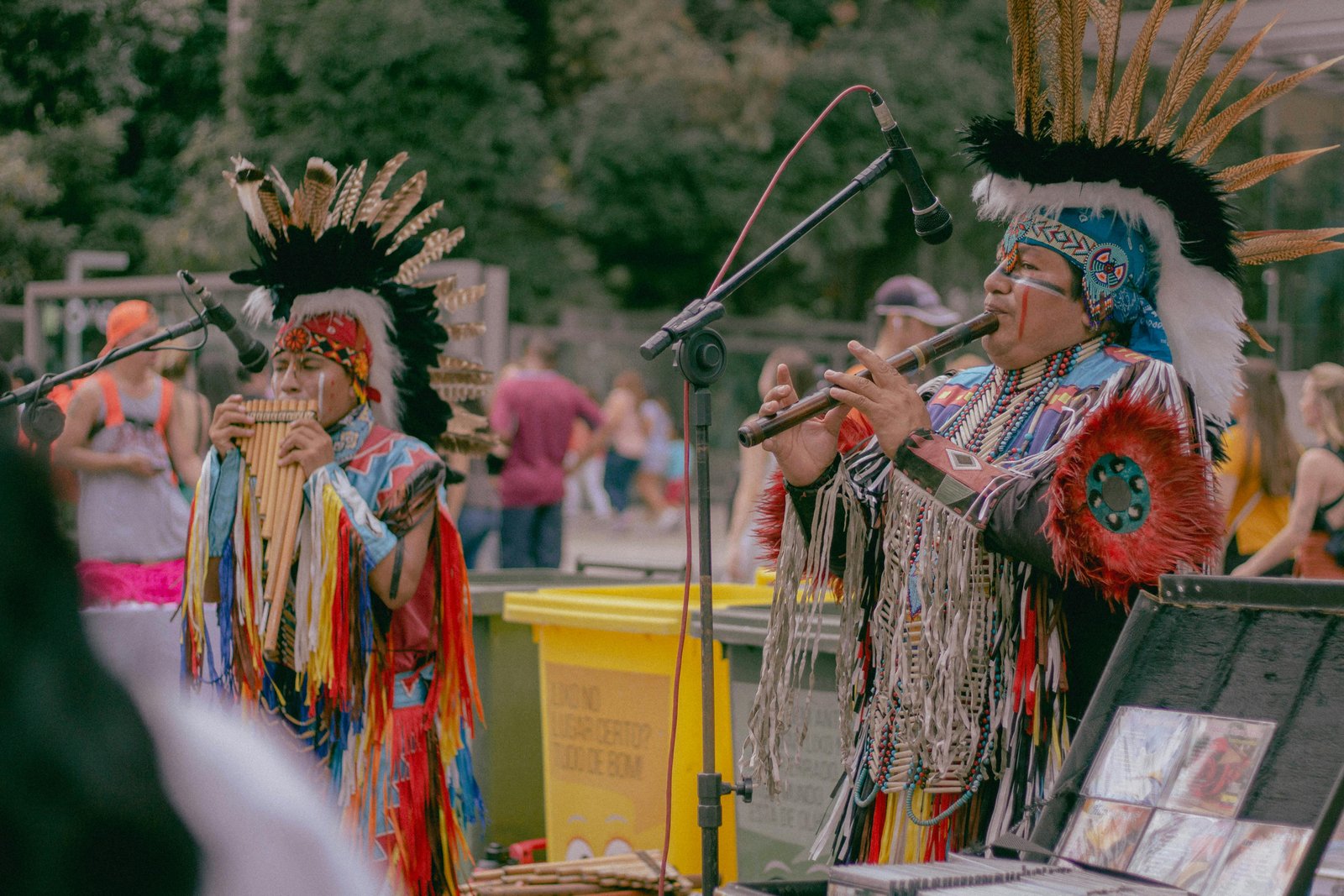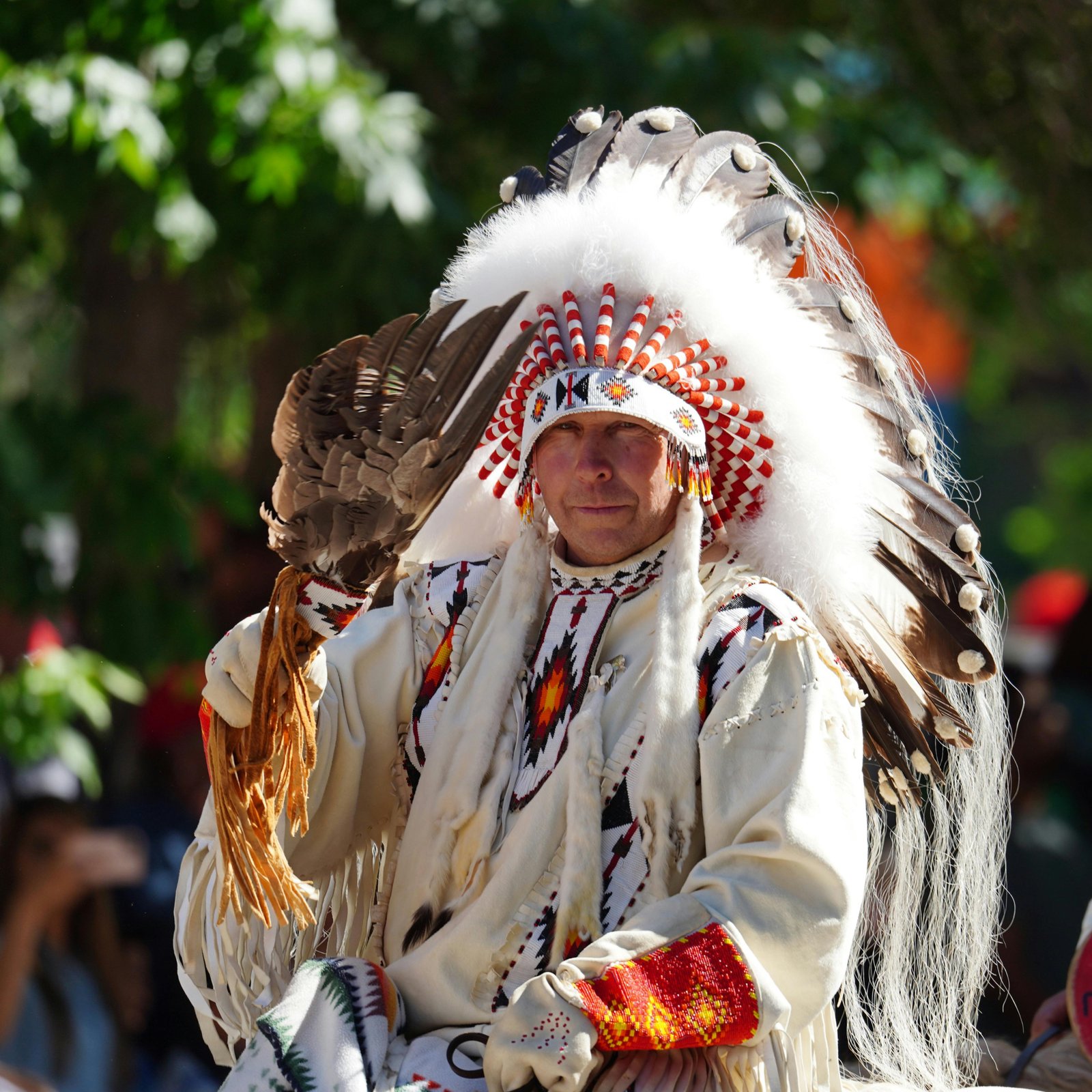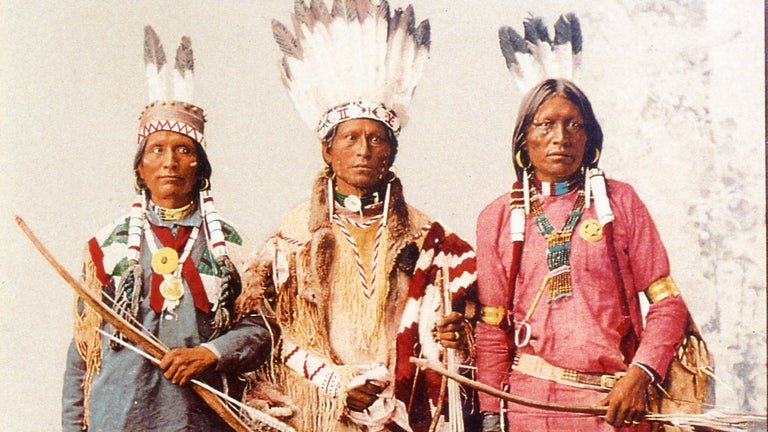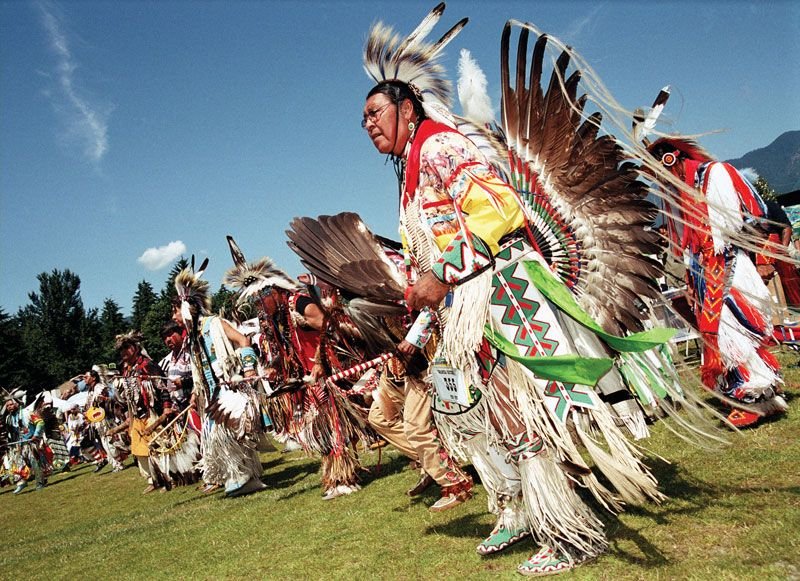Colonization changed much for Indigenous Americans. From land loss to cultural shifts, its effects are deep and complex. In this article, we explore economic consequences, cultural impacts, and current efforts to address these issues. We will look at how colonization altered traditional ways of life and what is being done today to make things right.
Understanding the impact of colonization on Indigenous Americans is crucial for grasping the full scope of historical and ongoing challenges faced by Native communities. This article delves into the multifaceted effects of colonization, from economic shifts to cultural disruptions, and explores current efforts to address this legacy. Join us to understand these important topics and see how history and present-day efforts connect.
Understanding the Historical Impact of Colonization on Indigenous Americans
Colonization began with the arrival of European settlers in the Americas, fundamentally altering the lives of Indigenous peoples. Key historical events, such as the establishment of European settlements and subsequent treaties, set the stage for significant changes in Indigenous societies. These events led to a series of immediate effects on Indigenous communities, including displacement, loss of land, and disruption of traditional lifestyles.

Colonization brought about profound shifts in social structures and daily life. The introduction of European diseases decimated Indigenous populations, while forced relocations and land seizures disrupted traditional economies and cultural practices. The immediate effects were devastating, leaving a lasting imprint on Indigenous communities.
Economic Consequences of Colonization for Indigenous Communities
The economic landscape of Indigenous communities transformed drastically due to colonization. Changes in land ownership and usage patterns disrupted traditional economic practices. European settlers’ demand for land and resources led to the dispossession of Indigenous peoples, which created long-term economic disparities.
For instance, the introduction of new agricultural practices and the exploitation of natural resources by European settlers undermined traditional Indigenous economies. This shift not only affected economic stability but also led to a profound and lasting impact on the wealth and prosperity of Native communities.
Cultural and Social Changes Resulting from Colonization
Colonization had a profound effect on Indigenous cultures and social structures. The imposition of European cultural norms led to the disruption of Indigenous traditions and ways of life. Policies aimed at cultural assimilation, such as the establishment of boarding schools, forced Indigenous peoples to abandon their languages, customs, and religions.

The social structures within Indigenous Americans communities were also altered. Traditional roles and hierarchies were upended as European settlers imposed their own systems of governance and social organization. This created a rift within Indigenous societies, leading to lasting changes in community dynamics.
Psychological and Emotional Effects on Indigenous Populations
The psychological impact of colonization on Indigenous populations is deeply felt. Historical trauma—a result of centuries of oppression, violence, and displacement—has had lasting effects on the mental health and well-being of Native peoples. This trauma manifests in various forms, including higher rates of mental health issues and substance abuse within Indigenous communities.
Despite these challenges, Indigenous peoples have demonstrated remarkable resilience. Many communities are actively working to address the psychological scars left by colonization through cultural revitalization and community support programs.
Environmental Impact of Colonization on Indigenous Lands
The environmental consequences of colonization are significant. European settlers’ exploitation of natural resources and changes in land use disrupted Indigenous practices of environmental stewardship. Traditional knowledge about sustainable land management was often disregarded, leading to environmental degradation and loss of biodiversity.
Indigenous practices, which had long contributed to environmental sustainability, were replaced by European methods that often resulted in ecological imbalance. This shift not only affected the environment but also undermined Indigenous ways of life closely tied to the land.

to Address the Legacy of Colonization
Efforts to address the legacy of colonization are ongoing and multifaceted. Reparation and compensation initiatives seek to acknowledge and rectify historical injustices. Indigenous rights movements are advocating for greater autonomy and recognition, while efforts to preserve and revitalize Indigenous cultures are gaining momentum.
These initiatives include supporting land claims, promoting cultural education, and fostering community development. By addressing historical wrongs and supporting Indigenous sovereignty, these efforts aim to heal the wounds left by colonization and build a more equitable future.
Case Studies of Colonization Impact on Specific Indigenous Groups
Examining specific case studies provides valuable insights into the varied experiences of Indigenous groups affected by colonization. For instance, the impact on North American Indigenous tribes offers lessons on the diverse effects of colonization across different regions.
Comparative analyses with other Indigenous Americans populations highlight commonalities and differences in experiences, shedding light on the ongoing challenges faced by Native communities.
Resources for Further Reading and Research
For those interested in exploring this topic further, a range of resources is available:
- Recommended Books and Articles: Explore in-depth studies and personal narratives.
- Relevant Documentaries and Media: Visualize the impact through documentaries and films.
- Organizations and Advocacy Groups: Connect with groups working to support Indigenous communities and address historical injustices.
Conclusion
Colonization has deeply impacted Indigenous Americans, affecting their economy, culture, and environment. Understanding these effects helps us support current efforts for justice and reconciliation. Share your thoughts in the comments, and don’t forget to explore more of our content for a deeper look into these crucial issues.
FAQs about Indigenous Americans
What is the impact of colonization on Indigenous American cultures?
Colonization drastically altered the cultural landscape of Indigenous Americans. European settlers imposed their own values and traditions, leading to the suppression and loss of many Indigenous practices and languages.
Traditional ways of life were disrupted through forced assimilation policies, including the establishment of boarding schools designed to eradicate Indigenous cultures. This cultural of Indigenous Americans upheaval has had lasting effects, contributing to the erosion of traditional knowledge and practices among Native communities.
How did colonization affect the economic systems of Indigenous peoples?
The economic systems of Indigenous peoples were significantly disrupted by colonization. The European demand for land led to widespread dispossession of Indigenous lands, which were central to their traditional economies.
This loss of land and resources resulted in a shift from traditional practices to dependency on European-style economic systems. The long-term effects include persistent economic disparities and challenges in maintaining traditional economic practices.
What are the psychological impacts of colonization on Indigenous populations?
Colonization has had profound psychological impacts on Indigenous Americans populations. Historical trauma, resulting from centuries of oppression, violence, and displacement, has led to increased rates of mental health issues, such as depression and anxiety.
The effects of this trauma continue to affect Indigenous communities today, contributing to higher incidences of substance abuse and mental health challenges. Efforts to address these impacts include community support programs and cultural revitalization initiatives.

What environmental changes occurred due to colonization?
Colonization introduced significant environmental changes to Indigenous Americans lands. European settlers’ exploitation of natural resources and alteration of land use practices disrupted traditional Indigenous environmental stewardship. This led to ecological imbalance, loss of biodiversity, and environmental degradation.
Traditional Indigenous practices that had maintained ecological balance were often replaced by European methods that were less sustainable, resulting in long-term environmental consequences.
What steps are being taken to address the legacy of colonization?
To address the legacy of colonization, various reparation and compensation initiatives are underway. These efforts include land claims settlements, support for Indigenous cultural preservation, and advocacy for Indigenous rights.
Community organizations and movements are working to rectify historical injustices and promote reconciliation. These initiatives aim to restore autonomy to Indigenous Americans communities and address the historical wrongs caused by colonization.